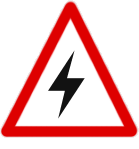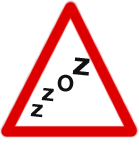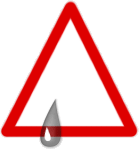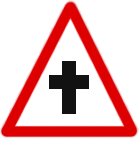
The start of the Fleet Half Marathon. Over the six years 2010 to 2015, 150 runners each year have raised over £150,000 for our work.
Awareness
Knowing the facts
Suicide is the greatest cause of death amongst young men aged between 16 and 34 in the UK and young men are three times more likely to take their own lives than young women.
In 2021 there were 6,538 recorded suicides in the UK or 11.1 lives lost per 100,000 of the population. This represents over 17 lives lost every day.
75% of suicides were male and suicide amongst young people is a significant and increasing problem.
Please read more in the Samaritans Annual Report.
If you are bereaved or affected by suicide please look at the Support after Suicide website, which provides information, resources and support organisations.
Learning the Warning Signs
It's really important to understand the warning signs for anxiety and depression (see at the foot of this page) and we can't emphasise more, the importance of learning these and watching out for them in family, friends and colleagues.... and having the right conversations... and, if the signs persist, for more than a week or two.... to encourage them to ask for help.
Providing better support and intervention
We need to do more to increase awareness and understanding, to train people who are best placed to identify those at risk and encourage young people to seek the right help.
But we also need a National Health Service (NHS), which provides better, earlier, evidence based treatment and urgently develops plans to achieve the new ambition set by Government of 'zero suicides' for people having treatment in NHS settings.
Investing in prevention and education
But perhaps most important of all is the need to invest in prevention and the important role of schools, colleges, universities, employers and Job Centres. We need young people to be given the opportunity to understand the link between health (including emotional and mental health) and fulfilment… and having the ability and resilience to cope with the ups and downs of everyday life.
Let's start by giving our children the knowledge, understanding and skills to keep on the right hand, flourishing side of the health continuum…and the confidence to ask for help when they need it.
Signs reproduced by kind permission of the Charlie Waller Memorial Trust











